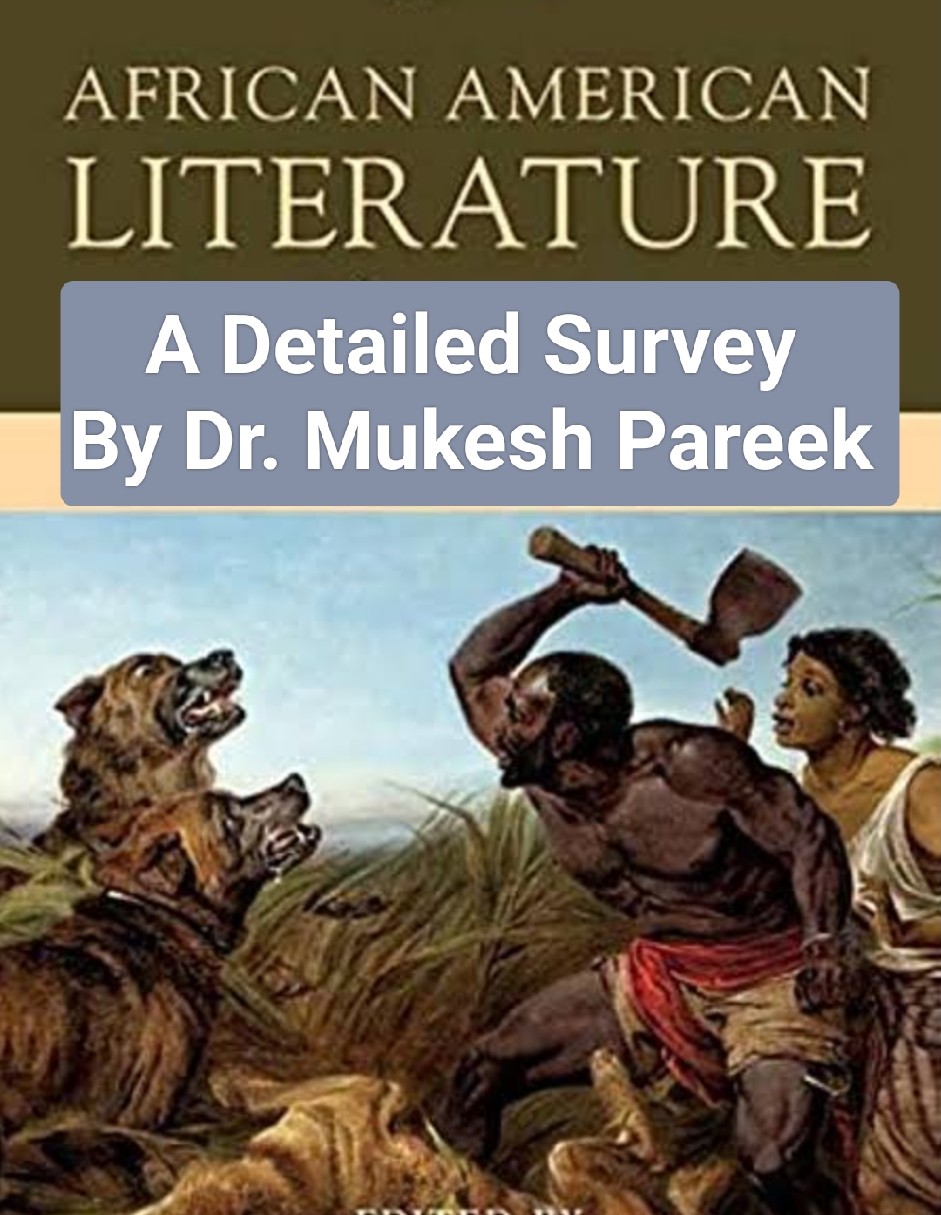Surprise quiz
This eighteenth-century poet is so inextricably linked with his most popular work, the "Elegy Written in a Country Churchyard", that it is popularly known as "...'s Elegy". What is his name?
Thomas Gray
Robert Graves
Oliver Goldsmith
Thom Gunn
It may seem hard to believe from this rakish portrait of him as a young man in around 1595, but this poet became an Anglican clergyman and held the important post of Dean of St Paul's Cathedral in London. Later categorised as a "metaphysical poet", his best known works include the "Holy Sonnets", including that beginning "Death be not proud". Who is he?
Michael Drayton
John Donne
John Dryden
William Dunbar
The career of this nineteenth-century poet was cut tragically short when he died of tuberculosis in 1821 at the age of only 25. He is best known for his odes, including "To Autumn", "Ode on a Grecian Urn" and "Ode to a Nightingale". What is his name?
Patrick Kavanagh
Rudyard Kipling
John Keats
Charles Kingsley
This Victorian poet with his splendid side-whiskers is probably best known for his much-anthologised poem "Dover Beach", although "Thyrsis" and "The Scholar Gypsy" were also popular in their day. What is his name?
Alfred Austin
James Aubrey
Matthew Arnold
Henry Alford
.Which ruler's reign marks the approximate beginning and end of the Victorian era?
a)King Henry VIII b)Queen Elizabeth I c)Queen Victoria d)King John
Which city became the perceived center of Western civilization by the middle of the nineteenth century?
a)Paris b)Tokyo c)London d)Amsterdam e)New York
What did Thomas Carlyle mean by "Close thy Byron; open thy Goethe"?
a)Britain's preeminence as a global power will depend on mastery of foreign languages. b)Even a foreign author is better than a homegrown scoundrel. c)Abandon the introspection of the Romantics and turn to the higher moral purpose found in Goethe. d)In a carefully veiled critique of the monarchy, Byron and Goethe stand in symbolically for Queen Victoria and Charles Darwin respectively. e)Leave England and emigrate to Germany.
To whom did the Reform Bill of 1832 extend the vote on parliamentary representation?
a)the working classes b)women c)the lower middle classes d)slaves e)conservative landowners
By 1890, what percentage of the earth's population was subject to Queen Victoria?
a)1% b)10% c)15% d)25% e)95%

Quite helpful quiz
ReplyDeleteThanks sir .
Keep updating us like this . *****
Thanks sir
ReplyDeleteSir please continue...
ReplyDeleteThank you sir
ReplyDelete